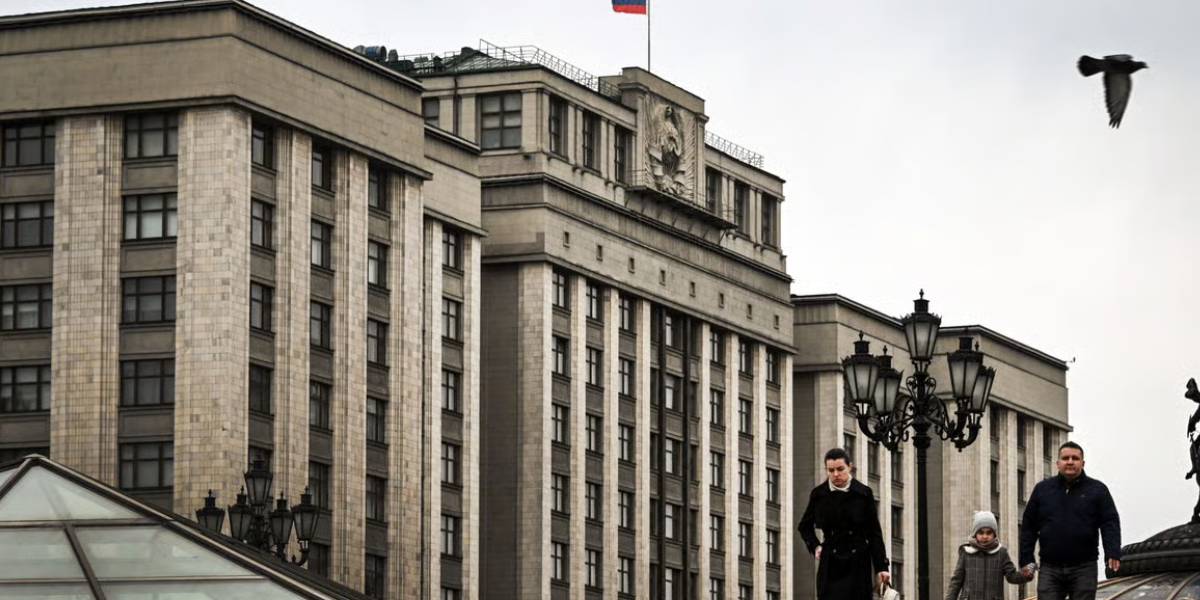The Russian Finance Ministry on 3 March 2017, published a draft Procedure outlining the process for handling multilateral Advanced Pricing Agreements (APAs). The Procedure is intended to enable a taxpayer to conclude an APA in relation to a foreign trade transaction with Russia’s tax treaty partner countries. Such APAs may prevent transfer pricing disputes, as recommended, inter alia, by Action 14 of the Organisation for Economic Co-operation and Development’s (OECD) Base Erosion and Profit Shifting Action Plan.
The Russian Finance Ministry is regarded as the competent tax authority of Russia for purposes of tax treaties. As far as bilateral or multilateral APAs are concerned, the Ministry is going to representative the competent authority powers to the Federal Tax Service (FTS) which will enable the FTS to conduct mutual agreement procedures with competent tax authorities of tax treaty partner countries.
The draft procedure sets out the following stages of the bilateral APA process:
1) Preliminary discussion with the FTS: This stage is generally informal and optional. Whatever the outcome of the preliminary discussion, the taxpayer may still apply to the FTS for the conclusion of an APA in relation to foreign trade transactions.
2) Formal application: The Procedure contains the recommended form of an APA application and a list of documents required to initiate the APA process. Under the Procedure, a formal APA application should be submitted in both jurisdictions in order for the FTS to commence communication with the competent authority of the other state. All documents (information) submitted to the foreign competent authority must also be presented to the FTS.
3)Review of the Application: At this stage, the FTS may conduct:
-Discussions with the taxpayer on matters relating to the conclusion of the APA
-Mutual consultations with the foreign competent authority
-The Federal Tax Service will consider the application from the standpoint of whether:
- The proposed transfer pricing methodology meets the arm’s length standard as outlined by the Russian Tax Code;
- The proposed pricing methodology enables the elimination of double taxation;
- In the absence of an APA, there are uncertainties or significant technical issues related to the pricing approach;
- A transaction is of a long-term nature; and
- There is the possibility of an unjustified tax benefit as a result of the transaction.
4) Negotiations between competent authorities: An An important stage in the process of the conclusion of a pricing agreement is the conduct of negotiations between the FTS and the foreign competent authority, which may result in a mutual agreement between them.
5) Implementation of the mutual agreement of the competent authorities: If a mutual agreement is reached between the FTS and the foreign competent authority, the FTS will suggest to the taxpayer the conclusion of an APA on the terms agreed to in the mutual agreement or to amend the draft APA in order to comply with the mutual agreement. If the taxpayer agrees, an APA will be concluded.
6) Timing: An Agreement is is valid for the period agreed by the parties, but cannot exceed 3 years. The period may be prolonged for a further 2 years at the request of the taxpayer.
7) Termination of the APA : However, APA can be terminated for the following reasons:
- Upon expiry of the validity period;
- By decision of the head (or deputy head) of the Russian FTS if the terms and conditions of the APA have been violated by the taxpayer (as identified during an audit review of the APA) and this has resulted in an underpayment of taxes;
- By mutual agreement of the parties;
- By decision of a court.













